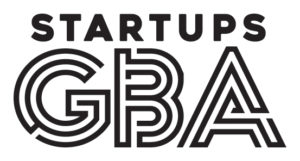
Having lived both in Hong Kong and Singapore, perhaps this is one of the most often asked question: Which is better, Hong Kong or Singapore? You’ll find loads of blogs and banter, even charts and lists drilling down to which city is better. To me, it’s really whether you like durians or stinky tofu.
When we were working on the Oddup Hong Kong Ecosystem Report and Oddup Singapore Ecosystem Report, this question came up again. So which is better? Hong Kong or Singapore? So this is how it all began. We mulled and stewed over it, and drew out the entire picture of the startup ecosystems in Hong Kong and Singapore the way we saw it. The opportunities, the deals, the exits, the who’s who, the entrepreneurs, the investors, the regulators, and of course – the coffee.
When looking at the ecosystem, we need to look at without any bias.

Quality: Do you know Zalora? Garena? 9GAG?
Both Hong Kong and Singapore can be considered as newbies when compared to the veteran startup ecosystems of the West. As such, neither city has celebrated a significant number of landmark acquisition deals. Be that as it may, there have been some smaller deals that have built a sustainable reputation worldwide. For instance, one of the more renowned names which is now recognized globally is 9GAG from Hong Kong. Though Singapore boasts widely recognized brands on their list of startups – Zalora and Garena – most of them are currently only popular within the region. 9GAG from Hong Kong has achieved global recognition but despite having strong infrastructure and talent, it is challenging for Hong Kong and Singapore to nurture startups into global household names.

Investment: Singapore still wins, but Hong Kong has more money.
In recent years, fundraising stories in Hong Kong and Singapore have populated our blogs and media channels. Both locations share a similar funding landscape. In Hong Kong, we have seen quite a number of startups that successfully secured early stage funding: Lalamove (US$20 mn), 8 Securities (US$17 mn), Tink Labs (US$13 mn), Boxful (US$6.6 mn), Grana ($5 mn), and Klook Travel (US$5 mn). However, for later stage funding, only a few companies have raised significant amounts. These are CompareAsiaGroup (US$40 mn) and WeLab (US$160 mn). In Singapore the picture looks similar but just with slightly more growth stage funding. Some of their more successful funding stories are: Zalora (US$112 mn), PropertyGuru (US$129 mn), Redmart (US$23 mn), Lazada (US$250 mn) and Wego (US$17 mn). For early stage investment, Singapore still wins, but remember, the socialite investors of Hong Kong are increasing to help fuel your new startup.
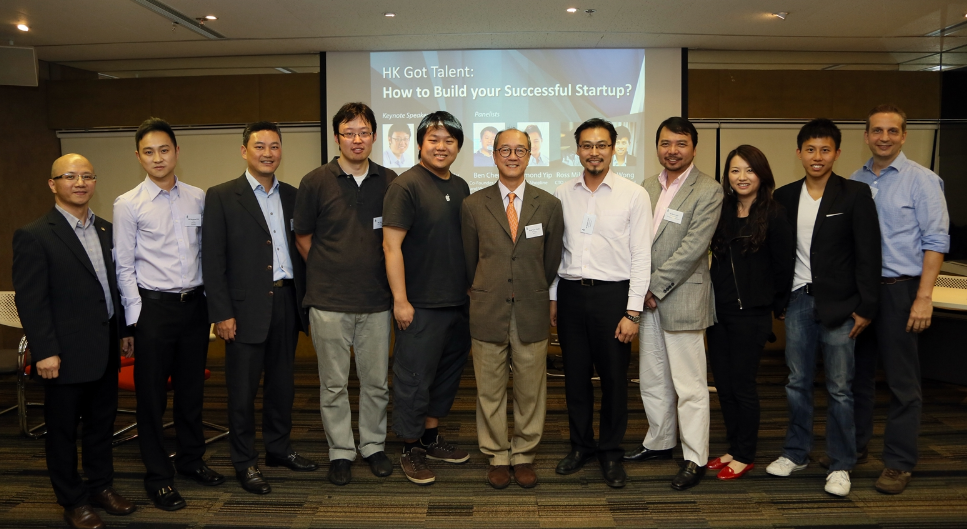
Talent: Hong Kong grows more top founders.
In both Hong Kong and Singapore, startups often find it difficult to place experienced professionals in technology such as full stack developers, software engineering, data scientists, and CTO’s. This is mostly due to the lack of the market’s witness to candidates with proven working experience in startups, and not necessarily because of lack of the actual skill sets among the locals. The outlook in Hong Kong remains much brighter than Singapore in terms of attracting foreign talent. In order to attract more foreign talent, the Hong Kong Immigration Department has announced a set of newly enhanced measures in 2015 for supporting its local employers by easing the immigration procedures for hiring foreign professionals in the city. There is a relatively more balanced mix in startup founders’ background in Hong Kong, with around 57% of the top 50 startups’ founders being locals (in comparison to Singapore where only 23% of top founders are from Singapore).
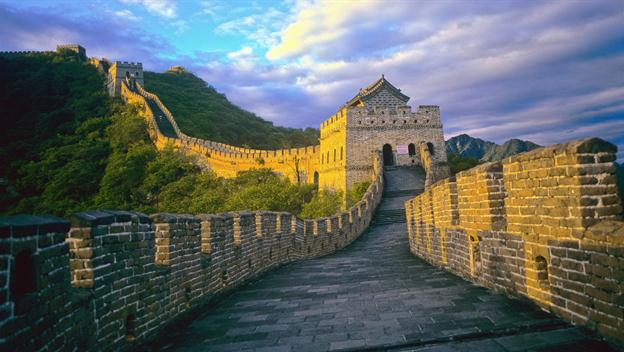
Location: Singapore for ASEAN/India, Hong Kong for China
Both Singapore and Hong Kong are located at the heart of the Asian continent. Specifically, Hong Kong is in the center of Asia where most neighboring Asian countries are easily accessible within a five hours’ flight radius, while Singapore serves as a better entry point to India and ASEAN. However, if you need to tap into the mainland Chinese market you will find that Hong Kong is perfectly situated on the southeast coast of China, flanking the mouth of the Pearl River Delta. With Hong Kong as a base, traveling to Beijing, Shanghai and other major Chinese cities can be made possible in a single day.
Events: Singapore… wait? Oh yes Hong Kong.
Had you asked me this question 12 months ago, it would have been Singapore without a doubt. Then RISE happened. Focus was firmly placed on Hong Kong and the event was a great success. Providing RISE continues to shine, then Hong Kong will now be seen as the better of the two for tech events.
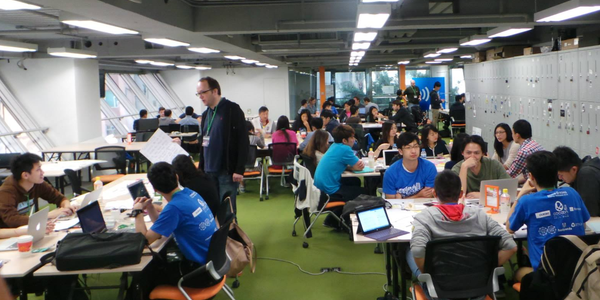
Space: Co-working as support or profit? Singapore for support
When looking at the ever growing co-working spaces in Hong Kong and Singapore, its clear there is a distinction between how both cities operate. In Singapore, most co-working spaces in Singapore are subsidized by the government. Hong Kong, the first co-working space opened in 2007, and since then, clones have launched their operations all over the city. However, unlike the case in Singapore, these operators are looking for a profit. One of Hong Kong government’s incubation programs provides sufficiently subsidized office space, but the location of is far from any MTR line or human life and therefore is less attractive. In spite of the situation where immediately meeting a break-even in operations is imperative to sustain the co-working space business, the number of these shared venues for entrepreneurs has increased rapidly.
Government: Different yet supportive in their own ways.
The big difference when it comes to the government authorities in the startup ecosystems in Hong Kong and Singapore is found in the way the public administrations are run. Singapore, often nicknamed “Singapore Inc” because of the tendency of its government to manage every aspect of public administration as would a corporation, is clearly a state-powered, if not directly run, ecosystem. In Hong Kong, although the government does not have much of a hand in the workings of a free market, the government is actually playing a more active role in the startup ecosystem. For example, we see the very supportive and active involvement of the local government in providing resources. One notable example is the recent StartmeupHK campaign – an initiative to increase both outbound and inbound awareness of its startup ecosystem. This is directly run by InvestHK, a Hong Kong government agency whose mission is to promote the city as a business destination.
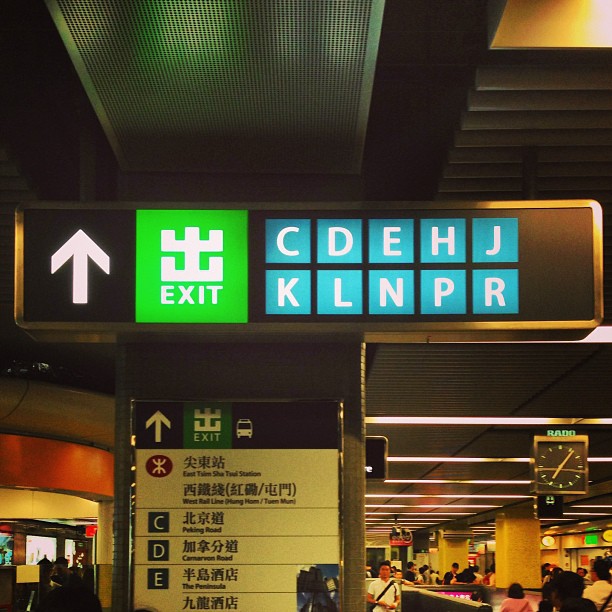
Exits: Hong Kong talking, but Singapore walking
3 Exits in Hong Kong in 2015 (Plukka, Kisshugs, Hive.im) versus 12 in Singapore. No matter how well we do with funding, Hong Kong investors are more interested in seeing returns. If Hong Kong is to move into an established ecosystems, then more exits where more founders and staff return their success into the ecosystem.
So here’s my personal verdict:
- Hong Kong coffee is better
- Hong Kong is doing better in terms of growth
- More top startups in Hong Kong are invested by overseas investors (see Welab, CompareAsia, 8 Securities, Notey, Grana, Shopline, LaLaMove and Oddup)
- Hong Kong has better immigration policy
- More top Hong Kong founders are local
- Hong Kong has the largest startup tech event in Asia (see Rise)
- Going regional, go global, if you’re a startup in either city, you just have to go beyond your borders
- Singapore is better at getting early stage funding
- Singapore’s government supports for startups is much greater.
So to wrap it up, that’s why I’ve called Hong Kong home.
James Giancotti is the founder of BigColors and OddUp. See his Startbase,hk profile here.
